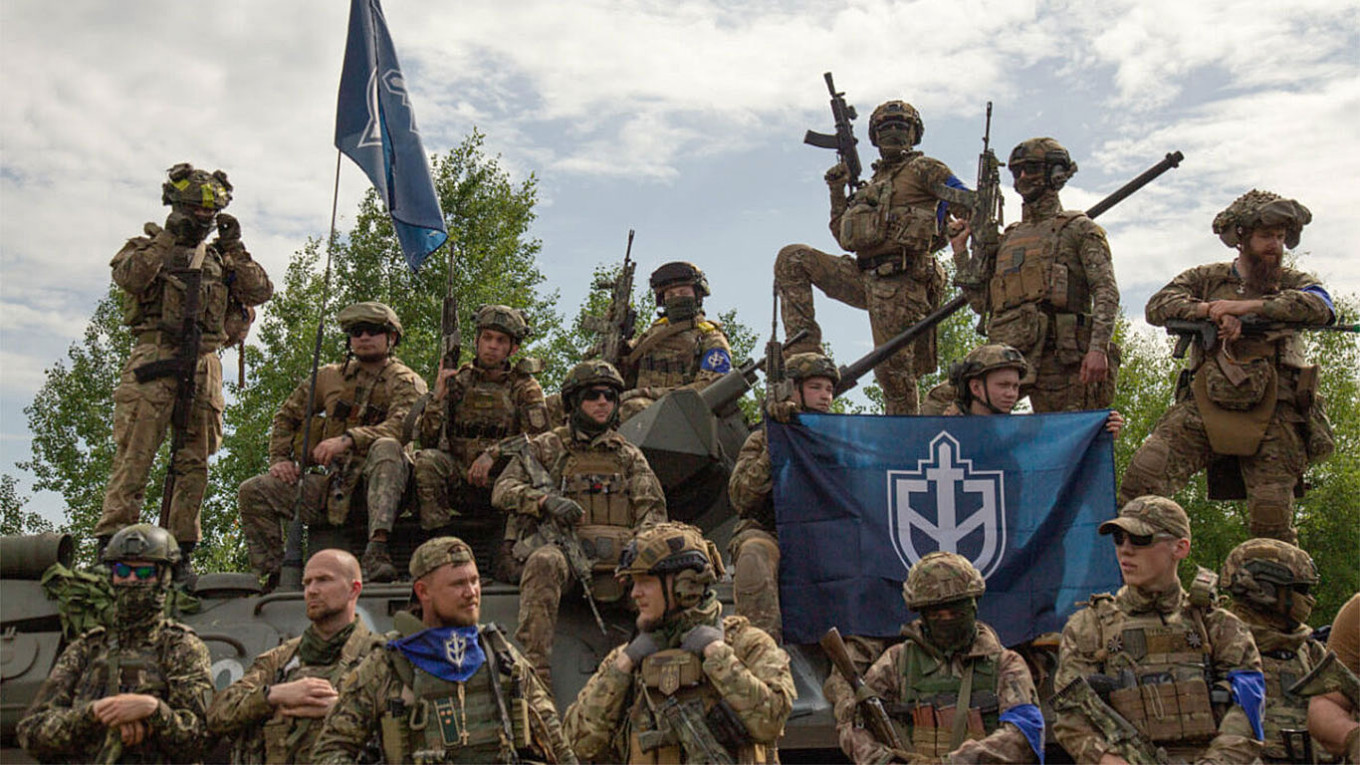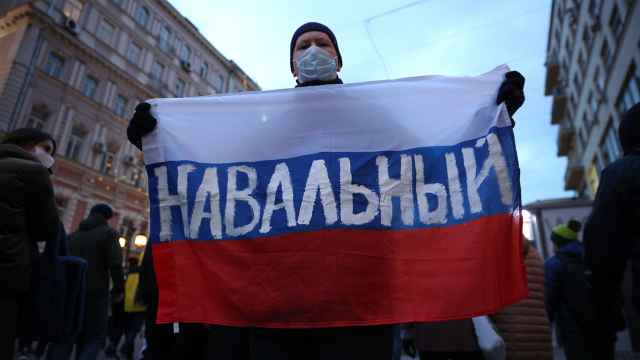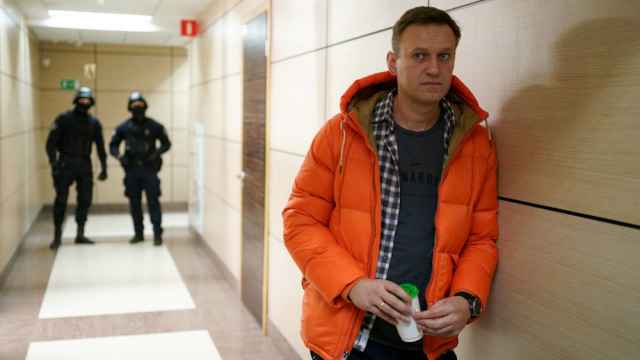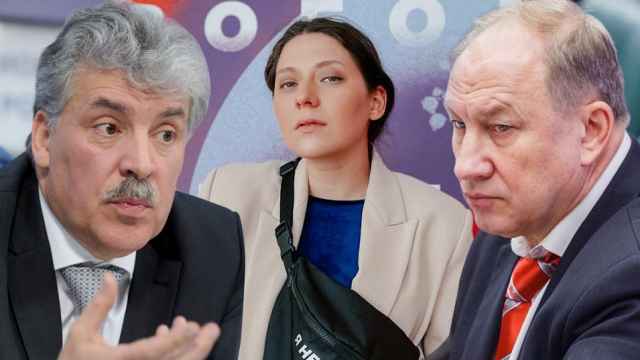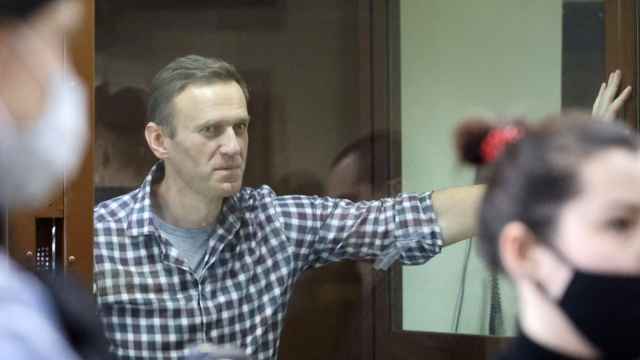The Russian Volunteer Corps, a far-right military unit fighting alongside the Ukrainian army against Russian forces, said Tuesday that it had planned to free the late Kremlin critic Alexei Navalny from prison and bring him to Ukraine.
The anti-Kremlin military outfit claimed it sought to “fight off” a prison convoy that in December transferred Navalny from a prison in central Russia to a high-security penal colony in the Arctic.
“We were then to immediately reach the border with Ukraine, meet the [Volunteer Corps'] intelligence unit to cross the border and reach asylum,” it said in a statement posted online.
But the corps said its plan failed because of “effective” security precautions taken by Russia’s Federal Penitentiary Service (FSIN) and Federal Security Service (FSB), chief among them being the “floating” date of Navalny’s transfer.
“The date and time of the transfer were postponed several times,” the corps said. “[Navalny’s transfer] began suddenly... and our group didn’t have time to move to the area of the planned start of the operation.”
Navalny had himself later recounted the highly secret transfer from the Vladimir region, where he was serving a sentence on fraud charges, to the remote Yamal-Nenets autonomous district, where he was to serve 19 years for “extremism.”
The journey featured stops in at least five Russian cities over a period of 20 days, according to Navalny.
The Russian Volunteer Corps said it was in the middle of revising its plan to free the 47-year-old activist when prison authorities announced his death on Friday.
“Sadly, we didn’t manage to save Alexei, but hundreds of political prisoners and prisoners of conscience remain in captivity,” the corps said, adding: “We believe and work to break them out of the clutches of the regime one way or another.”
The Russian Volunteer Corps published what appear to be internal documents and previously unseen photographs of Navalny in prison, suggesting it had obtained the materials from prison authorities.
“Many of those who work in the [Russian] system share our ideals and vision of the future, which means they will help us selflessly and won’t be intimidated,” the corps said.
A Message from The Moscow Times:
Dear readers,
We are facing unprecedented challenges. Russia's Prosecutor General's Office has designated The Moscow Times as an "undesirable" organization, criminalizing our work and putting our staff at risk of prosecution. This follows our earlier unjust labeling as a "foreign agent."
These actions are direct attempts to silence independent journalism in Russia. The authorities claim our work "discredits the decisions of the Russian leadership." We see things differently: we strive to provide accurate, unbiased reporting on Russia.
We, the journalists of The Moscow Times, refuse to be silenced. But to continue our work, we need your help.
Your support, no matter how small, makes a world of difference. If you can, please support us monthly starting from just $2. It's quick to set up, and every contribution makes a significant impact.
By supporting The Moscow Times, you're defending open, independent journalism in the face of repression. Thank you for standing with us.
Remind me later.


